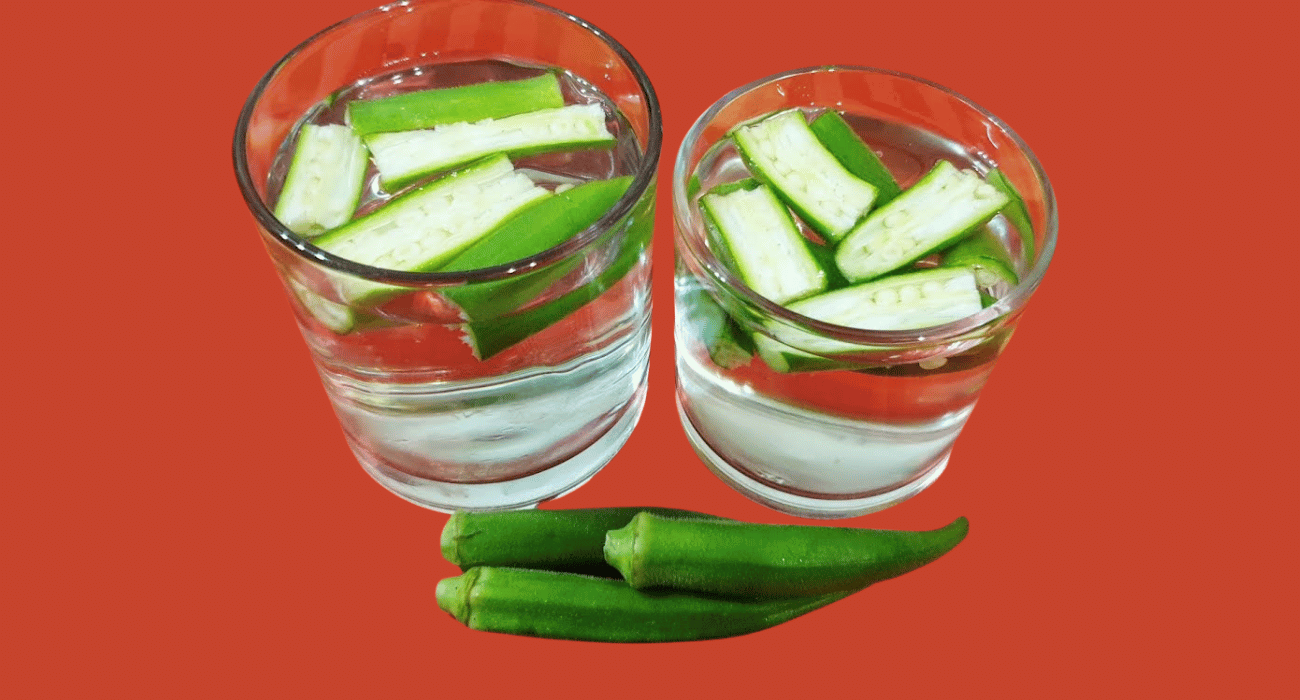Do you drool when you sleep? What it means for your health
Have you ever woken up and found your pillow wet with saliva? Don’t worry, you’re not the only one who drools in your sleep. Learn everything related to drooling during sleep in adults in the following article.
Drooling during sleep in adults is a very embarrassing problem. Learn about the factors that increase drooling, its causes, and tips to reduce it in this article.
Drooling during sleep in adults
Drooling is an involuntary drooling that comes from the mouth and is usually the result of weakness in the muscles surrounding the mouth or the presence of a large amount of saliva in it.
Humans have 6 salivary glands located at the bottom of the mouth, in the cheeks, and near the front teeth. These glands produce about 1.8 liters of saliva per day, but when they produce more, saliva flows from the mouth involuntarily.
Drooling is usually normal during the first two years of a person’s life, as children and infants do not have the full ability to control the swallowing process and the muscles surrounding the mouth until the age of 18.
But this condition is not limited to them and can occur unintentionally in adults.
Factors that increase drooling during sleep in adults
As mentioned earlier, babies are most susceptible to drooling between the ages of 3 to 6 months and during teething, but what are the factors that increase drooling during sleep in adults? To get to know her:
- Diet: A diet rich in citrus fruits leads to increased saliva secretion, which contributes to involuntary drooling from the mouth.
- Neurological disorders: Certain health conditions can increase the risk of drooling. Having an illness, such as Parkinson’s disease or stroke, can impair the function of your jaw muscles and lead to drooling.
- Gastroesophageal reflux disease: Gastroesophageal reflux disease is a condition that causes increased saliva production.
Pregnancy: This helps increase saliva production.
It causes drooling during sleep
Drooling during sleep in adults can be the result of several reasons, such as: the presence of a certain health problem, delayed development of the jaw muscles, or taking a certain type of medication, in addition to other reasons such as:
Sleeping in the wrong position.
You have dental problems.
Opening the mouth during sleep due to the need for more oxygen.
Tips to reduce drooling during sleep in adults
In order to treat this problem, it is important to determine the underlying cause, and you can try the following tips:
- Try breathing through your nose while sleeping.
- Try sleeping on your back, because saliva will not be able to flow out of your mouth unlike sleeping on your stomach or side.
- Do some exercises for your jaw muscles to strengthen them.
- Take a hot shower before bed, as the steam helps open your airways, allowing you to breathe through your nose instead of your mouth.
- See a doctor who can prescribe medication to help control this annoying problem.


